
Read offline
áudio gerado automaticamente
1×
Faça o Login para ouvir o resumo em áudio.
áudio gerado automaticamente
Recommendation
While the subject of income inequality gains headlines, real answers to the problem crash headlong into voters’ aversion to more taxes and bigger government. But economists at the International Monetary Fund take a practical look at new data that indicate the possibility of win-win solutions in addressing inequity while spurring growth. getAbstract recommends this timely investigation into the relationships among government redistribution, income inequality and economic growth to executives, policy makers and economists.
Summary
About the Authors
Jonathan D. Ostry, Andrew Berg and Charalambos G. Tsangarides are IMF economists.
By the same authors
Article
Learners who read this summary also read
Report








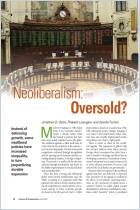
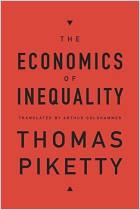
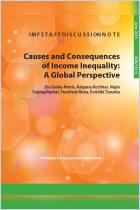
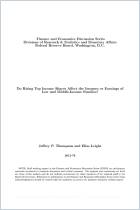
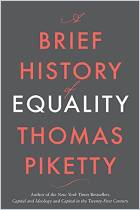
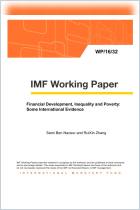
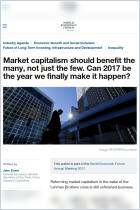



Comment on this summary or Iniciar a Discussão